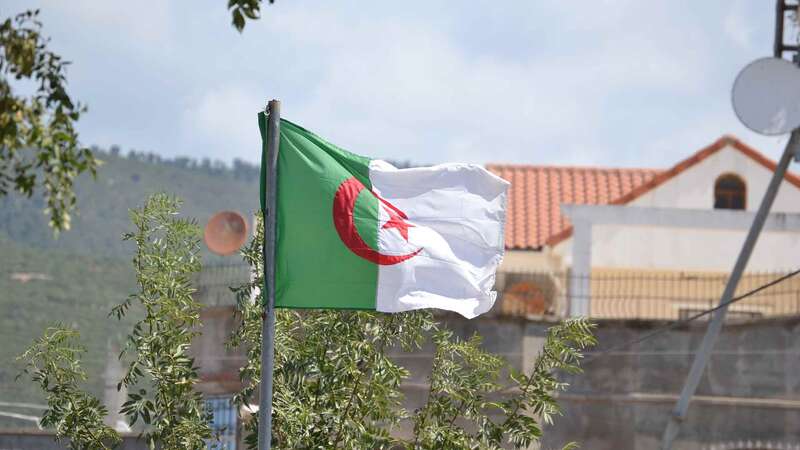You are viewing your 1 free article this month. Login to read more articles.
Pallante makes her mark at AAP a.g.m as travel ban hits Iranian publisher
In so many ways, this was not your usual Association of American Publishers a.g.m. Penguin Random House c.e.o. and AAP board chair Markus Dohle bounced to the podium, at the event hosted at PRH’s New York office, to open the public part of the meeting. He aimed to “introduce the new AAP”, one with “a new focus, new energy” and new mission statement. Though it will continue to concentrate on copyright, piracy, and free speech, Dohle put special emphasis on AAP’s promoting of “the value proposition of publishing to society in the modern era” and on a more “hands-on, Washington-centric” focus.
It is the culmination of a process that started two years ago, when the tenure of previous AAP c.e.o. Tom Allen wound down. Maria Pallante, a lawyer and former register of copyrights at the Library of Congress, succeeded him in January 2017, and the AAP’s New York office was shuttered shortly after.
After 20 months at the helm of her team, now based in Washington, this a.g.m. was the first to really demonstrate Pallante’s impact. She highlighted the sheer number of government agencies with which the AAP now interacts, and the organisation’s understanding about “regulatory opportunities both here and around the world”.
Jon Meacham, former Newsweek editor-in-chief, Pulitzer winner and Random House-published political biographer provided historical perspective as well as entertainment. A self-professed “optimist”, he noted that “people want to talk about ‘it,’ not ‘him [President Trump]’”, as though conjuring Voldemort, and assured his audience that “although it feels unprecedented, the Constitution is set up for this kind of moment. The founders knew we are driven by appetite and ambition and assumed we would screw every- thing up”; what would “astound” them is that it took until now “for this kind of figure to rise up”.
He singled out Joseph McCarthy as the figure “most analogous to Trump” in US history. McCarthy “terrorised the country in an era of print and radio, and understood the media brilliantly”, but when “an information explosion happened [in the form of TV] people looked at McCarthy and said, ‘This is not who we want to be.’ It took four years.” In the end, Meacham added: “Trump represents a moment, not a movement.”
Ben Marks, intellectual property co-head at law firm Weil, Gotshal & Manges, and counsel to the AAP, parsed “what regulators are asking about big tech and what it means for publishing”. EU countries have been “more proactive in trying to curb anti-competitive practices by the leading digital platforms” than the US, he said, but noted that “in unusual times, anti-trust comes out of the political shadows—and we are in an unusual time now”.
He mentioned five key questions for regulators: Is big inherently bad? Is the consumer welfare standard applied in recent years (low price and high output makes for happy buyers) the right standard today—and if so, how should it be measured? Do digital platforms require special treatment, and how? How do modern data-collection practices affect competition and consumer protections? How do you co-ordinate policy and enforcement across agencies and jurisdictions? But although “regulators are increasingly looking beyond price to whether consumers may be harmed by reduced choice” and the “opacity” of big platforms is drawing scrutiny, when asked whether we’re likely to see action against Amazon, Marks reckoned, “not anytime soon”.
The programme ended with the presentation of the International Freedom to Publish/Jeri Laber Award to London-based Azadeh Parsapour, founder of Nogaam Publishing, which uses crowdfunding to issue free e-books by exiled, banned and blacklisted Iranian authors. Poignantly, Parsapour offered thanks to the publishing leaders via a video recording: this champion of free expression had been prohibited from entering the land of the free by the small-minded matter of a travel ban. Iranian citizens can no longer come to America.














